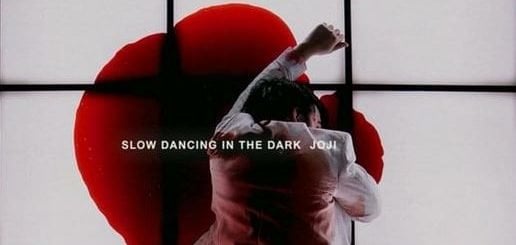Plastic Taste by Joji Lyrics Meaning – Peeling Back the Synthetic Veil of Modern Romance
Lyrics
But I’ll admit that I’m afraid
Let this romance go to waste
Excuse me for my plastic taste
Excuse me for my plastic taste
Excuse me for my plastic taste
Excuse me for my plastic taste
Excuse me for my plastic taste
Let these moments go to waste
Go to waste
In an era where emotional disconnect and technological mediation often define our experiences, Joji’s ‘Plastic Taste’ emerges as a hauntingly raw confession of modern love’s artificiality. The track, characterized by its minimalistic instrumentation and poignant lyrics, dissects the emotional facade that often plagues contemporary relationships.
Delving into the intricacies of ‘Plastic Taste,’ we uncover a landscape of vulnerability, longing, and a poignant critique of superficiality in affairs of the heart. Joji’s lyrical prowess and evocative delivery craft a compelling narrative that resonates with those who have tasted the bitterness of inauthentic connections.
The Art of Evasion: Joji’s Confessions From A Distance
There’s a palpable tension in ‘Plastic Taste’ that encapsulates the fear of confronting raw emotion. Joji’s choice to confess through song, rather than face-to-face, mirrors a generation utilizing screens as shields against the vulnerability of physical presence.
This narrative angle invites a reflexive musing on our own tendencies to hide behind filters and emoticons. The ‘plastic’ nature of digital communication becomes a double-edged sword — protecting us from immediate hurt, yet leaving us yearning for something tangibly real.
The Modern Wasteland: Reflections on Disposable Affections
The repetition of ‘Let these moments go to waste’ underscores the tragic acceptance of temporariness that defines much of today’s romantic culture. Like single-use plastics, contemporary connections are often designed for convenience, lacking the depth and durability of what might have been.
Joji isn’t just mourning the loss of a romance; he’s lamenting the demise of romance itself. The lyrics insinuate a painful awareness of the ephemeral nature of love in an age that prioritizes instant gratification over enduring bonds.
An Anthem for the Outsider: Joji’s Resonance with the Misunderstood
By owning his ‘plastic taste,’ Joji becomes an unlikely champion for all who feel like outsiders within their own relationships. The song resonates with anyone who has felt the dissonance between their desires and the societal script they’re expected to follow.
The reference to ‘plastic taste’ develops into a self-deprecating acknowledgment of one’s alignment with society’s artificial norms. Yet, there’s a rebellious undertone that rejects these norms by calling them out, hinting at a deep-seated longing to break free and taste something real.
Tracing the Patterns: Hidden Meanings Beneath the Surface
Beneath the melancholic veneer, ‘Plastic Taste’ harbors subtle allusions to cyclic behavior and the human propensity to repeat what’s comfortable, even when it’s unfulfilling. The repetitious lyrics mimic the cycles of empty relationships we enter, hoping for different results.
The song invites listeners to engage in introspection and perhaps recognize their own patterns. Do we settle for ‘plastic taste’ because it’s all we know? Or is it a protective measure against the fear of genuine connection and vulnerability?
A Lyrical Voyage Through Heartache and Honesty
‘I can’t do this face to face / But I’ll admit that I’m afraid’ — the song opens with a revealing line that immediately sets the tone for the confessional journey ahead. The line etches itself into memory, resonating with anyone who’s grappled with the daunting task of expressing fear and truth.
As the song progresses, its simplicity becomes its strength. The repetitive nature of the lyrics doesn’t dilute their impact but rather, like a mantra, deepen their significance, making every admittance of ‘plastic taste’ a more profound admission of the falsehoods we accept, or perhaps even perpetuate, in our own connections.








